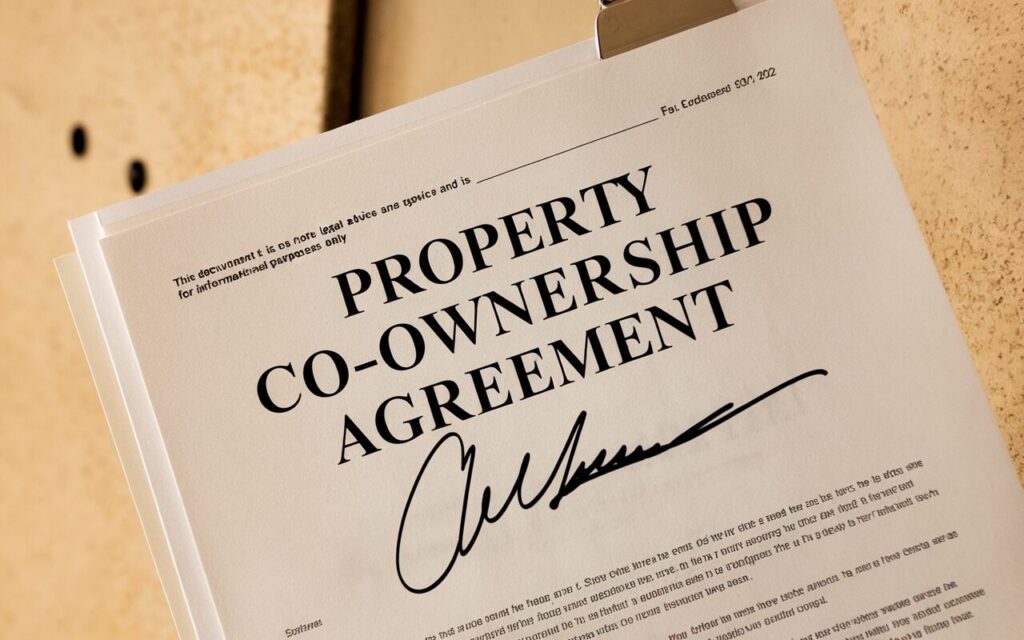How can you resolve property co-ownership disputes fairly and legally? Property disagreements can be stressful, but there are legal strategies to help find a solution.
Whether you’re dealing with a family member, business partner, or other co-owners, understanding your options is key.
Keep reading to explore effective ways to handle these disputes and protect your interests.
Understanding the Basics of Co-ownership
Co-ownership means that two or more people share ownership of a property. This arrangement can lead to disputes if co-owners don’t agree on how to manage the property. Understanding each owner’s rights and responsibilities is important to avoid conflicts.
Clear communication and agreements can prevent many issues from arising. If disputes do happen, knowing the legal framework can help in resolving them efficiently. For those in need of legal help, seeking advice from an expert in Los Angeles can provide guidance tailored to your situation.
Mediation and Negotiation
Mediation and negotiation are effective ways to resolve property co-ownership disputes without going to court. In mediation, a neutral third party helps both sides find a compromise. It allows for open communication and creative solutions that work for everyone.
Negotiation involves direct talks between co-owners to reach an agreement. Both methods are often quicker and less expensive than legal action. If successful, these strategies can maintain a good relationship between co-owners and avoid long-term conflict.
Legal Actions
Legal actions may be necessary if mediation or negotiation fails. If co-owners cannot agree, one option is to file a lawsuit for partition, which divides the property. In some cases, the court may order the sale of the property and divide the proceeds.
Legal action can be time-consuming and expensive, so it’s often a last resort. However, it provides a clear solution when other methods don’t work. Consulting with a lawyer can help determine the best course of action for your specific situation.
Division of Property
The division of property is a common issue in co-ownership disputes. Co-owners may disagree on how to split the property or its value. One option is to divide the property physically, if possible, or sell it and divide the proceeds.
If the property cannot be divided, a court may order its sale. Clear agreements made early on can prevent issues when dividing property later. Seeking legal advice can help ensure a fair and smooth division of assets.
Preventing Future Disputes
Preventing future disputes starts with clear agreements from the beginning. It’s important to outline each co-owner’s rights and responsibilities in writing. Regular communication can also help avoid misunderstandings.
Setting rules for decision-making and property management can keep everyone on the same page. Having a legal agreement in place can offer protection if problems arise later. Taking these steps can reduce the chances of a dispute and protect your investment.
Learn More About Resolving Disputes Efficiently
Resolving disputes efficiently is key to avoiding long-term stress and legal costs.
By using the right strategies, you can find a fair solution for everyone involved. Whether through mediation or legal action, the goal is to reach an agreement that works./p>
Looking for more tips and ideas? We’ve got you covered. Check out some of our other posts now.

